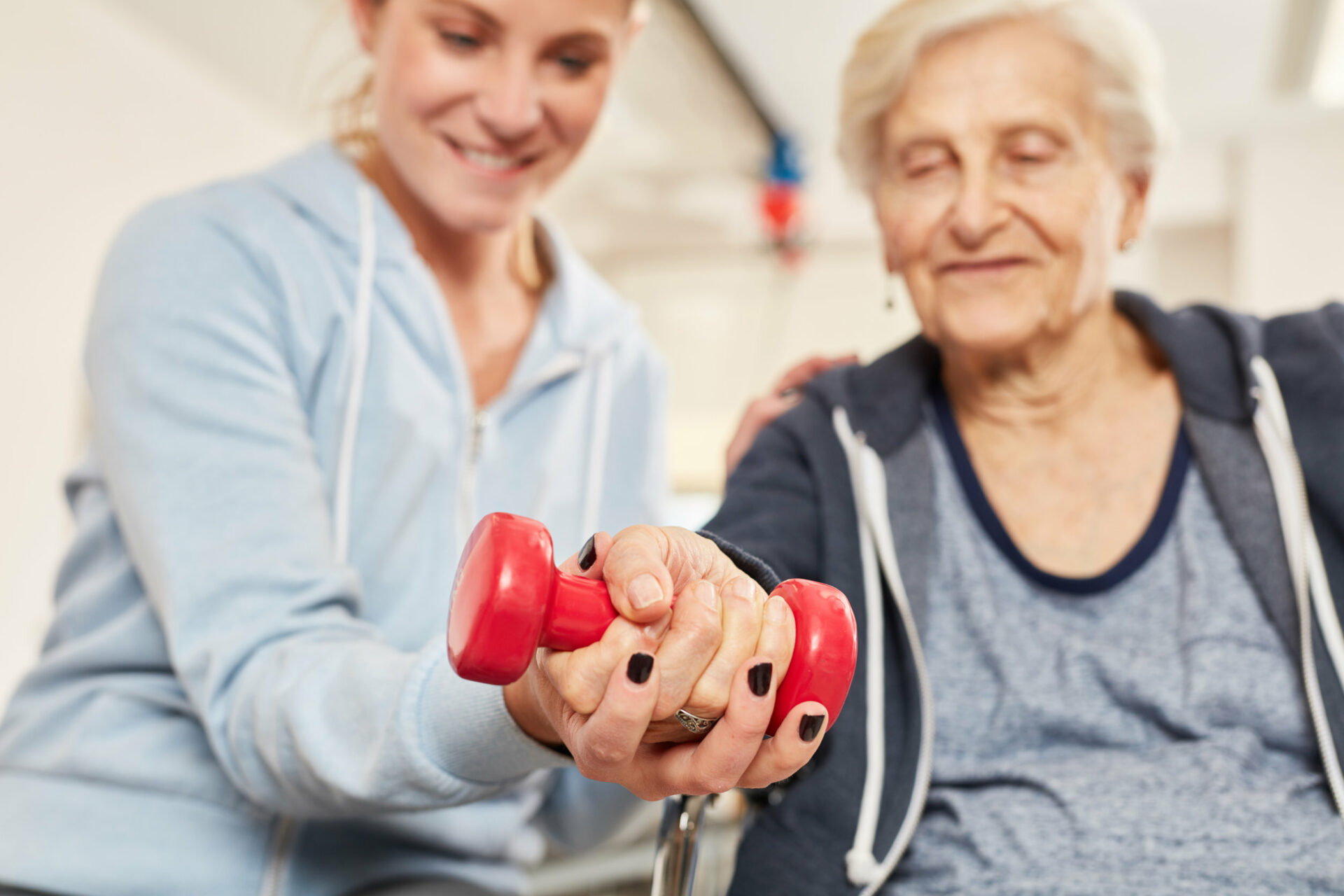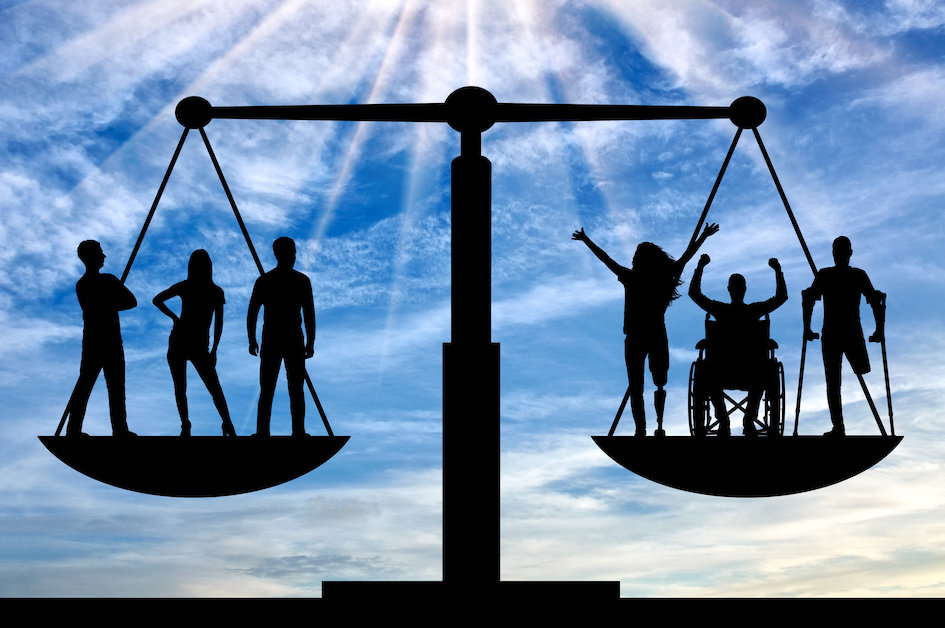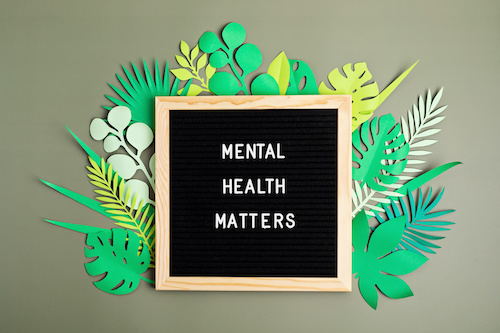World Occupational Therapy Day is on Wednesday, October 27th of this year. This day was initially launched to celebrate and heighten the visibility of occupational therapy. The theme of this year’s celebration is “Belong. Be you.” This year’s theme promotes the power of diversity and inclusion as we work together to build community and resilience.
What is Occupational Therapy?
Occupational therapy teaches you how to adapt. After an illness or injury, tasks may not be as easy as they used to be, especially if the pain is involved. Your OT will set up a plan to improve the way you accomplish activities. They determine if you need to learn how to do things in a completely new way or if you need assistance with remembering how you once performed the task. If they notice the lesson is painful, they will help you figure out how to achieve your everyday activities with minimum pain.
People with the following struggles find enormous relief when they see an occupational therapist:
- Spinal cord injury
- Low vision
- Alzheimer’s disease
- Poor balance
- Cancer
- Diabetes
- Multiple sclerosis
- Cerebral palsy
- Mental health or behavioral issues
- Joint replacement
- New Injuries that change the way the patient will function through life
Occupational Therapists Aid Seniors Choosing to Age in Place
While Occupational Therapists excel at helping those with an injury, disability or illness, they can also help if you have an older loved one choosing to age in place. They can teach them how to adjust to daily life, whether it be bathing, dressing, or learning how to adapt to home modifications.
At Next Day Access, we are proud to aid occupational therapists when they need products for their patient’s homes. We have a wide variety of mobility equipment, home modifications, and accessibility products to help ensure that anyone living with a disability or aging in place is secure and comfortable at home. You can even contact us for a free in-home consultation.









